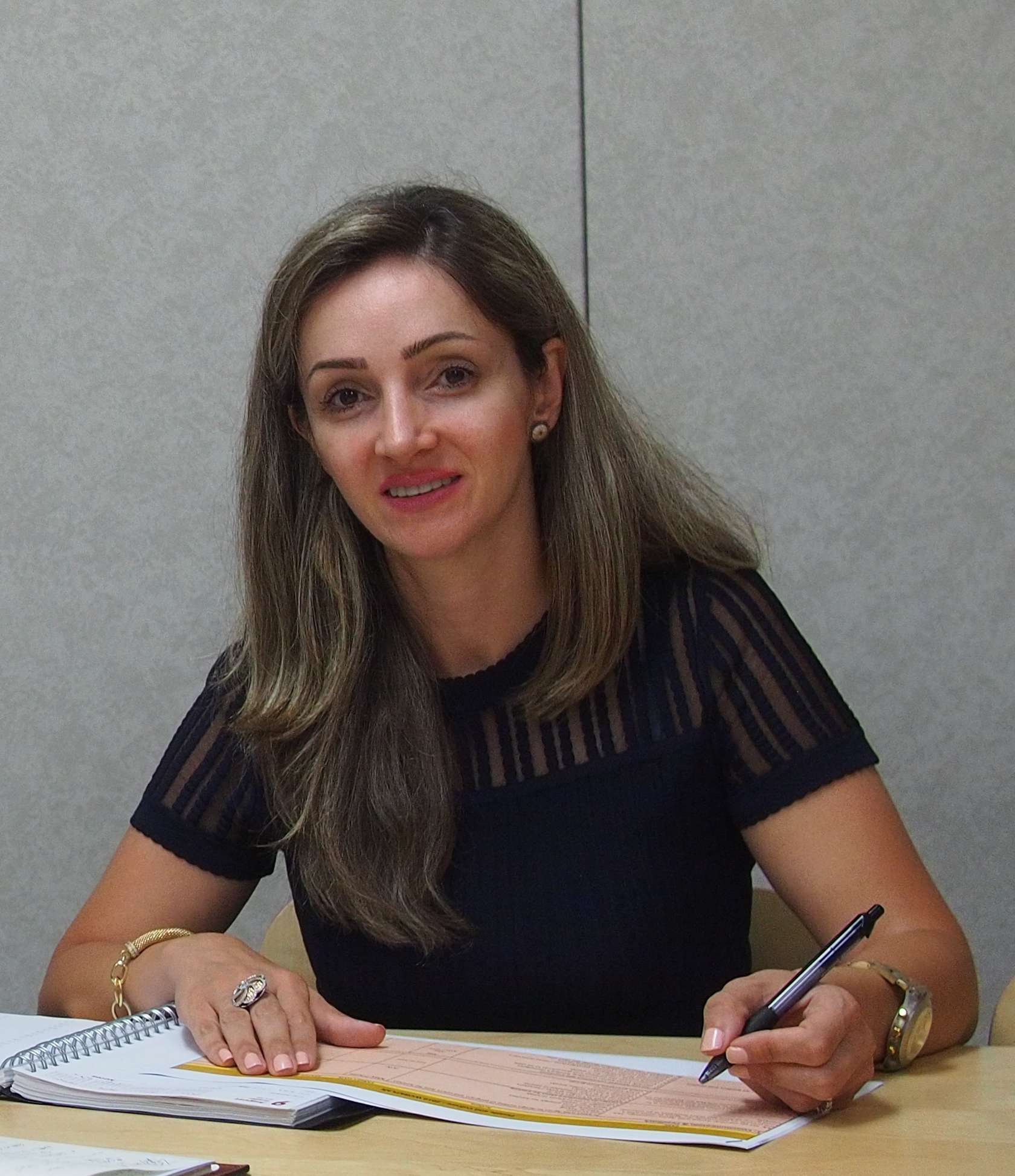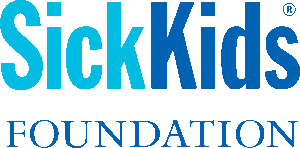Catholic Crosscultural Services
Planning for decent work doesn’t have to break the bank
Intention and planning count for more than money when it comes to sustaining decent work. At Catholic Crosscultural Services (CCS), this involves building a culture of engagement for all staff.

“It’s a low-cost approach,” says Tannaz Fadaei, People and Culture Generalist at CCS. She points to a simple activity such as staff potlucks as a way to build team engagement. “The intention behind that is to bring the team together, eating and enjoying the time together,” she says. “It wasn’t just eating and leaving. It was more about knowledge sharing.”
The organization provides settlement and integration services in the Greater Toronto Area, and also runs a national training program for private refugee sponsors. In 2018, senior leadership took a closer look at how to align the values driving work CCS does in the community with its own internal operations. The result? A comprehensive plan to shift the organization’s culture to help staff thrive – through the lens of decent work.
With more than 200 staff working at eight different locations, sharing information, collecting feedback, and supporting team connections posed a challenge for the organization. The new plan, however, builds in tools and processes for employees to give input and share information. This includes regular surveys that measure employee satisfaction, provide feedback on leadership, and assess what benefits are needed most. The organization also plans to implement the decent work checklist.
CCS is also looking to develop effective training for managers and more opportunities for staff to engage directly with senior leadership. For instance, performance reviews are now more standardized across the organization, and are geared towards supporting staff rather than just measuring productivity. Different committees let staff have a say in social activities, training, and other processes. And a regular newsletter shares information across the entire organization more consistently. Groups of employees will also have the opportunity to eat lunch with the executive director, Agnes Thomas, allowing for informal and more direct communications with senior leadership.
“For many employees who have been working here for years, they had never had the chance to meet the executive director or the senior leadership team,” Tannaz says. “And they were very excited to sit with leadership and engage in open communications.”
Come for the wages and benefits, stay for the culture
In a competitive labour market, wages and benefits are important to drawing staff to the organization, Tannaz says. “For most of the items in our compensation package (base salary, paid time off, etc.), we are leading in the not-for-profit sector”. But there are limits to relying on money as the main attraction – particularly when compared to compensation in the private sector. Tannaz says.
“At the same time, we can work on the culture: employee satisfaction, employee engagement programs. That’s the way we can work to retain them in the sector.” Other decent work plans for CCS’ future include implementing a defined-benefit pension plan, rolling out an employee assistance program, and extending benefits to contract employees who work with the organization for one year or more.
And so far, the feedback has been good. “The employees are saying they’re noticing very positive changes, fostering a positive work environment,” Tannaz says. “They appreciate the new practices by the leadership team.”



